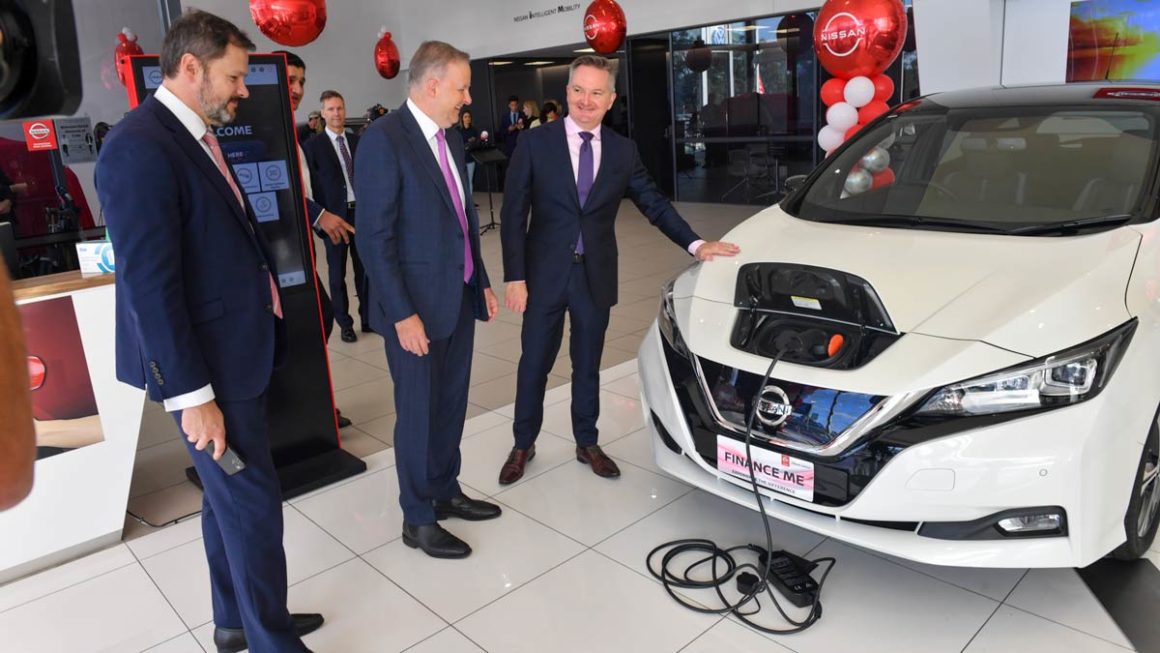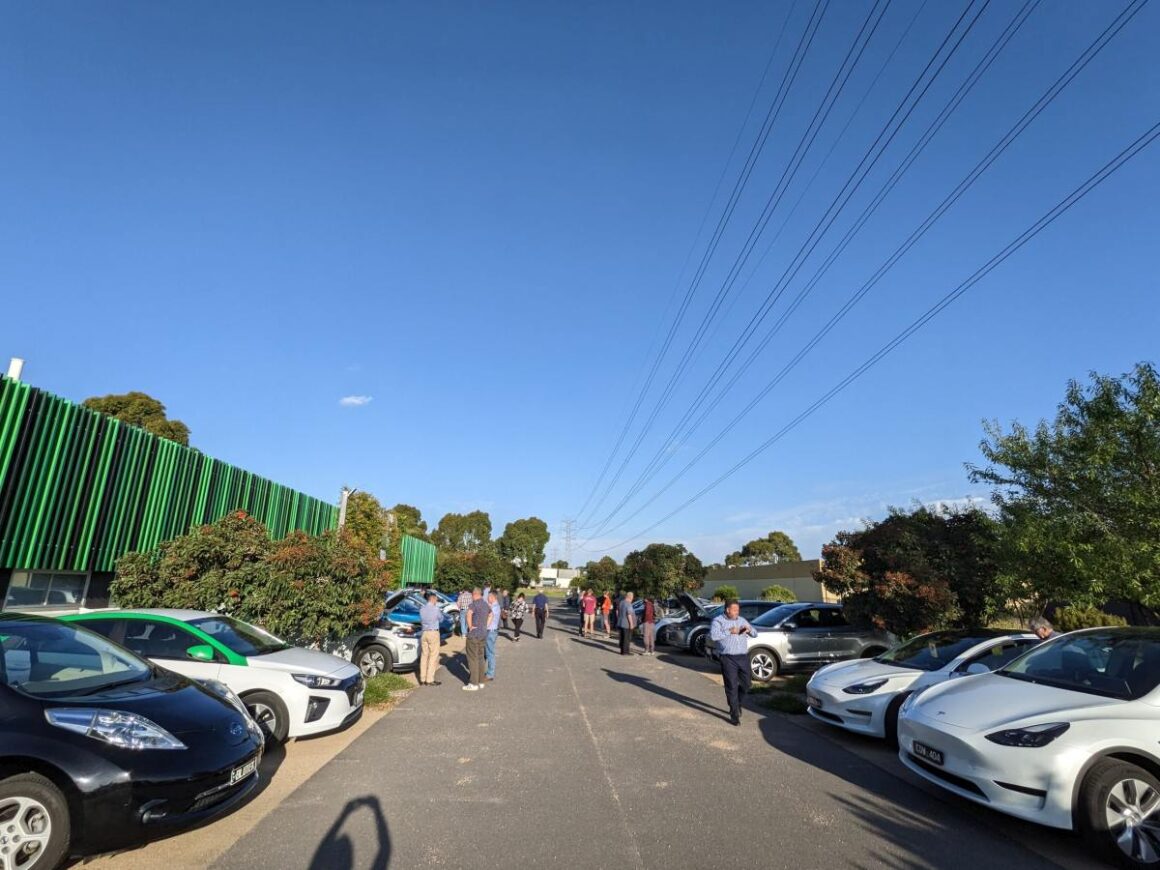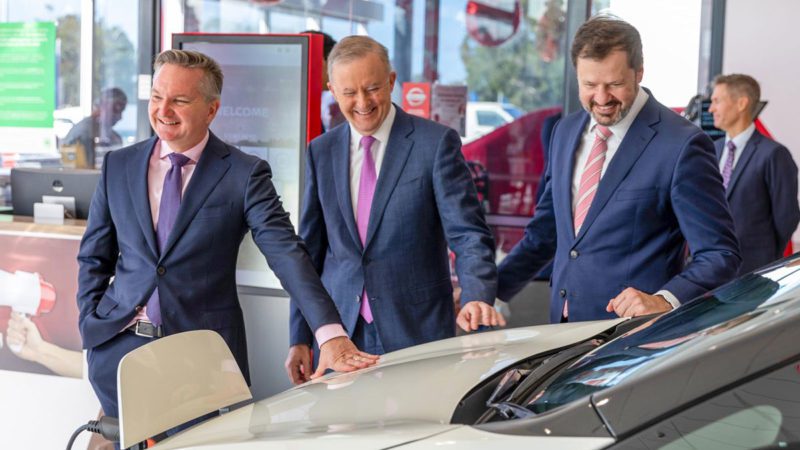The Federal government has announced a new $50 million partnership to encourage more Australian businesses to make the switch to electric vehicles and install charging equipment.
The new funding arrangement between the government’s Clean Energy Finance Corporation (CEFC) and Metro Finance will help lower the cost of EVs for businesses by lowering the interest rate some businesses may pay on vehicle and equipment loans.
These new loans are targeted towards farmers, freight companies and other small and medium businesses (SMEs) to get cheaper finance for EVs as well as solar, batteries and energy-efficient equipment.
The federal government says that for customers who purchase a $60,000 EV, the lower interest costs will deliver a saving of around $1,700 over 5 years.
“Australian motorists deserve more choices of cleaner, cheaper-to-run cars and that’s exactly what the Albanese Government is delivering,” said climate and energy minister Chris Bowen, who noted the initiative comes as the New Vehicle Efficiency Standard comes into effect.

“Clean technologies like EVs, solar, batteries and electric machinery are a great way for businesses to save on energy bills and decarbonise,” he said.
A previous allocation of $50 million made in July 2024 helped over 4,000 new EVs to make it onto Australian roads by December 2024.
In December 2024 for individuals, the federal government also decided to offer up to $150 million in low-cost loan scheme for low-income households and frontline workers – such as police, health professionals and teachers.
Other incentives to help with that also include the fringe benefits tax (FBT) exemptions, which have helped those able to purchase an EV through a novated lease arrangement. This is likely to continue in 2025 for battery EVs, with PHEVs being removed from the eligibility list in April 2025.

Many of these incentives and programs were announced at different stages, and the full extent of how effective they will be is yet to be seen.
In 2024, EV sales saw a slight rebound in the final month of 2024, with over 91,000 battery electric vehicles making it onto Australian roads. Having said that, the overall growth of 4.6 per cent in the calendar year was less than what many were hoping, given the significant increase in model availability and multiple price cuts.

Riz is the founder of carloop based in Melbourne, specialising in Australian EV data, insight reports and trends. He is a mechanical engineer who spent the first 7 years of his career building transport infrastructure before starting carloop. He has a passion for cars, particularly EVs and wants to help reduce transport emissions in Australia. He currently drives a red Tesla Model 3.

